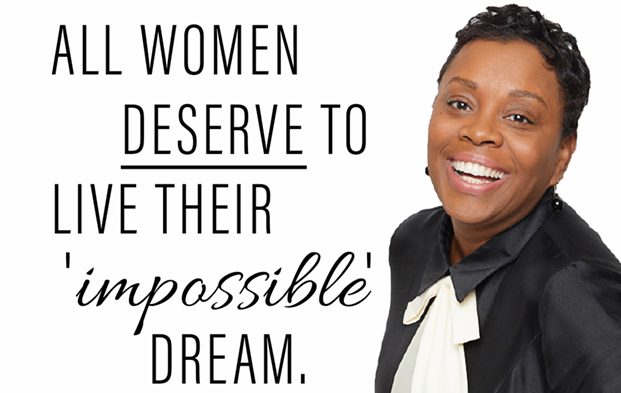
Life tests people every day. And for reasons we don’t know, everyone gets a different test.
Some struggle with calculus; others are dealt basic math. Either way, we all have to deal with what we’ve been given. Ultimately, what we’re given is all random. Genetics, location and financial status — it’s all one big luck of the draw.
Yet whatever circumstance life throws, you get to decide if you’re going to be a victim or a survivor. You have complete control over whether life makes you sweet or sour.
And those who choose to be sweet – the survivors – are strongest.
Swiss psychiatrist and author, Elisbeth Kübler-Ross, once eloquently stated:
“The most beautiful people we have known are those who have known defeat, known suffering, known struggle, known loss, and have found their way out of the depths. These persons have an appreciation, a sensitivity, and an understanding of life that fills them with compassion, gentleness, and a deep loving concern. Beautiful people do not just happen.”
In other words, nice people weren’t born nice — they made themselves that way
1. Nice people bring light into the world because they come from dark pasts.
In the world of darkness into which they were born, nice people use positivity as a lantern to create more light.
2. Nice people have often been dealt a significant amount of bad luck. They’ve been thrust into harmful situations and gripped by destructive circumstances, like toxic family members or poverty.
And they have learned not only to succeed. They’ve learned to overcome. They’ve kicked off their crutches and somehow done the impossible: They’ve taught themselves to run and catch up to everyone else in a world that does not wait for anyone.
When everyone else was gifted a 200-count Crayola box set, you might have gotten a broken Rose Art crayon. But you used that poor excuse of a wax pastel to live a colorful life anyway.
3. Nice people love the hardest because they’ve been hurt the most.
People will probably treat you better if they’ve been hurt by a former lover.
Why does this happen? Well, people who have had their hearts shredded know what it’s like to tape the torn pieces back together. The brokenhearted never want to inflict emotional paper cuts on anyone else.
4. Nice people have learned the hard way that disadvantages are opportunities for growth.
It’s more than possible that a few nice people used to be pessimistic. But over time, they usually learn — the hard way — how to be positive.
Perhaps they came to realize that every little thing that seems to pull them down in life eventually becomes a stepping stone to success.
Perhaps dealing with an alcoholic brother taught someone the empathy and patience to deal with recovering addicts. Many therapists learned from a young age how to relate to people who are in pain.
In this way, nice people construct staircases from quicksand.
5. Nice people don’t want others to hurt in the way they’ve been hurt.
Nice people might have been teased for having freckles, big ears or acne. Maybe a physical disability makes them feel invisible to other people. Maybe an invisible disability itself prevents them from getting the care that they need. And because they know what it’s like to feel tormented, they’d never want to cause anyone else that same kind of pain.
In this way, kindness emerges from those who have only known cruelty.
Instead of harassing others, nice people break the cyclical nature of insensitivity. They give compliments and words of encouragement. They want others to feel truly beautiful and confident instead of ugly and hurt. They already know what that’s like, and they wouldn’t wish it on their worst enemies.
6. Nice people choose to be survivors who help others stay afloat.
Nice people can deal with any situation thrown their way. They know they can survive anything, because they already have. All of their scars are simply evidence that they can heal from new scrapes.
If anything ever knocks them over, they just shoot right back up and keep going. Knowing that they can endure, these nice people try to do what they can to help others pull ahead.
In the race of life, most runners usually only look out for and focus on themselves. But people who have suffered look out for people who might be going through similar struggles.
They cheer friends on, share their water bottles and motivate others to run with them.
They become the helping hand that they wished they’d had for themselves.
Love Allison 💛



